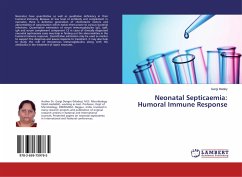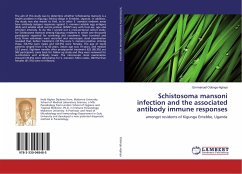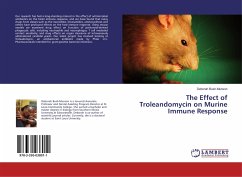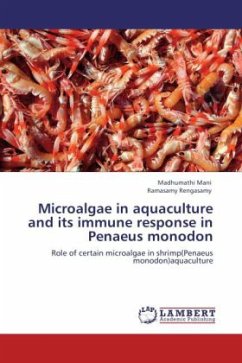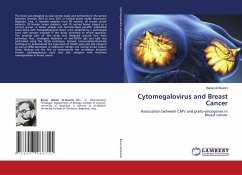Despite abundant activated Human T cell Lymphotropic Virus type 1 (HTLV-1)-specific Cytotoxic T Lymphocytes (CTL), patients with HTLV-1-Associated Myelopathy/Tropical Spastic Paraparesis (HAM/TSP) show a significantly higher frequency of infected cells than Asymptomatic Carriers (AC) of the virus. In order to further characterise the CTL response to HTLV-1, an assay to quantify specific T cell effector functions was developed. I analysed degranulation (by CD107 mobilisation) and cytokine (IFN- and TNF- ) expression by both HTLV-1-specific CD8+ and CD4+ T cells in response to HTLV-1 Tax peptide. This study shows a trend of the frequency of degranulating CD8+ T cells to be higher in HAM/TSP patients, however at a given proviral load the rate of lysis of infected cells tend to be higher in ACs than in HAM/TSP patients. Interestingly, only the frequency of CTL degranulation correlated with the rate of killing of target cells, suggesting that CTL killing of target cells depends mainlyon degranulation.
Bitte wählen Sie Ihr Anliegen aus.
Rechnungen
Retourenschein anfordern
Bestellstatus
Storno


